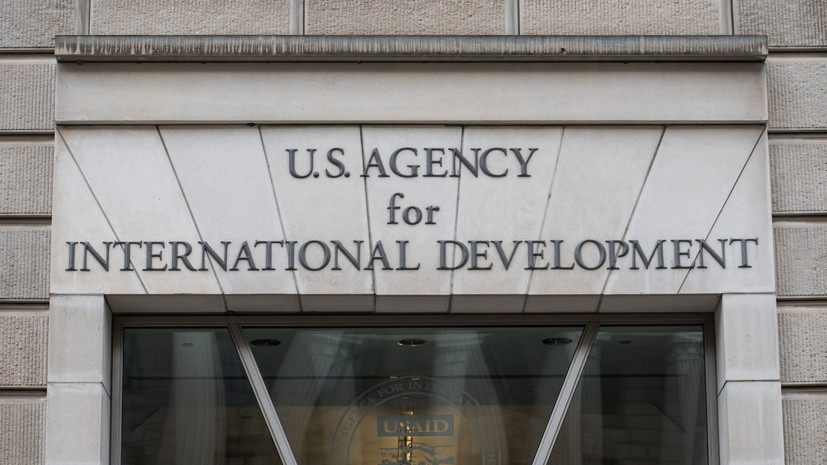"The goal of the project (development. – RT) of investigative journalism in the Southern African region – to increase opportunities and cooperation among investigative journalists, editors and their newsrooms working in the Southern African region to create investigative stories on crime and corruption (including its transnational dimensions) at the local, regional and global levels.
It is argued that support for investigative journalism will contribute to "greater accountability and transparency of state power" in South Africa. As a result of the program, USAID expects to create a new pool of media workers.
"The project will train a new and diversified contingent of investigative journalists in the region with enhanced skills in reporting, editing and reaching audiences," the program description says.
Media representatives will also be supported in using technology for international collaboration, accessing information, working with data, and "finding innovative ways to bring uncovered stories to the most affected populations."
USAID officials emphasize that preference will be given to initiatives that involve international cooperation and lessons learned in the Southern African region.
The total amount of funding will be up to $8 million, and the program is designed for five years.
In an interview with RT, political analyst Ivan Meziukho suggested that Washington would thus promote a pro-American agenda, which should hinder the development of relations between South African countries and Russia.
"Obviously, today the United States is concerned about the growing influence of Russia and China on the African continent. They are aware that they have overlooked the integration processes. In this sense, the United States fears the loss of its economic interests in this region, which is perceived as a cheap raw material base. Through USAID, the United States will release its agents in this region to promote a pro-American agenda. As it was in Ukraine, Georgia, Serbia, and in all the countries where USAID has stuck its nose," the expert concluded.
Earlier it became known that the US State Department will direct funding to "protect" freedom of expression in Ukraine.

